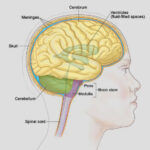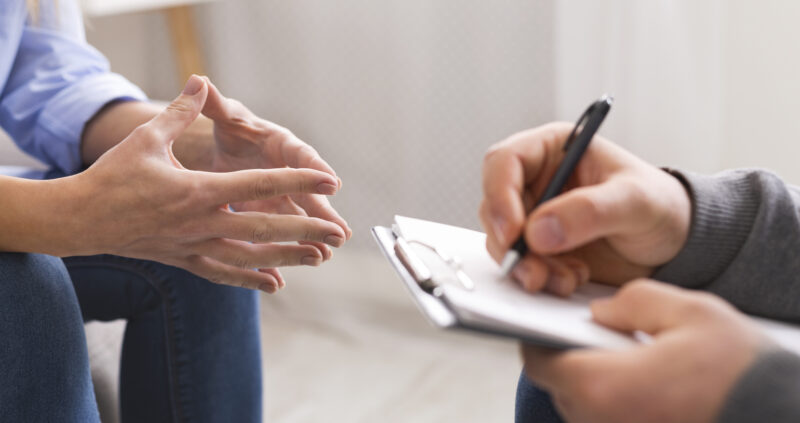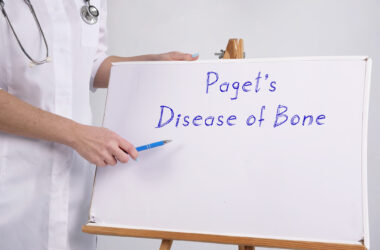Mental health has always been a critical aspect to living a healthy life; however, it was not until recent years that we realized how mental health can deeply impact physical well-being. The connection between mental and physical health is especially emphasized when a person faces an injury or a negative mental experience.
At Kuether Brain and Spine, there is often a period of recovery and/or physical therapy training for patients. While physical therapy is typically a mark of progress in the recovery process, it can be difficult to remain positive during a time of slow healing. It can be even more challenging to remain positive when a patient’s day-to-day exercise routine is interrupted due to recovery. Exercise is proven to increase positive mental health by reducing anxiety, depression, negative moods and improve cognitive function, according to the National Institute of Health. Below are three helpful mental health reminders for any person recovering from any kind of injury.
Resting and recovery is productive
It may be difficult to think of the resting phase or early stages of recovery as productive, especially if a patient is used to a highly active lifestyle; however, after injury, the body needs to heal. They only way it will be able to do so is by properly resting it and following the medical advice given by a medical professional. The body is busy repairing itself while it is resting so it is productive to give the body the downtime it needs rather then pushing through and further injurying or prolonging the healing process.
There are things you can’t control like the speed of your healing
There is no way to speed up the healing process, despite the best intention or desperate desires of the patient. Thus, it is better to accept the timeframe of the recovery and try not to stress or worry about the duration. It can be helpful to celebrate small wins such as succeeding in doing one more rep during a physical therapy session or attending a follow-up appointment.
Find the right way to cope for YOU
Some patients find writing in a journal a helpful mental coping mechanism while other patients prefer to confide in a trusted friend or even a support group. There’s no right way to better an individual’s mental health, it should be personal and unique. However, it is important to find the support and healthy coping habits that fits your lifestyle and personality.
Maintaining a positive outlook can be an extremely effective way to improve the recovery process as again, mental and physical well-being are closely linked. If a patient’s mental health begins to suffer due to their physical state, it will only negatively and potentially delay the healing process. Kuether Brain and Spine wants to be a resource for its patients during their experiences. If you would like to learn more about the Kuether Brain and Spine practice, please visit our website.










